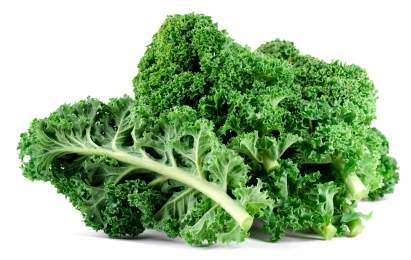Among the many vitamins, vitamin K is considered as the “forgotten vitamin.” The reason is because its useful qualities are often overlooked. Experts claim that it is just as important as other vitamins and nutrients. However, before you rush out to find yourself a supplement or a source of vitamin K, you need to first learn more about this nutrient. Just like with vitamin B and D, there are several kinds of vitamin K, and not all of them are recommendable for intake.

Types of vitamin K
So what type of vitamin K should you get? The first type is vitamin K1. Also known as phylloquinone, it is naturally found in plants and green vegetables. The second type is vitamin K2 or menaquinone. It is produced by bacteria inside the intestinal tract. The third is vitamin K3 or menadione. Most experts advise against using the third kind of vitamin K because it is synthetic and can only be obtained through injection. Most experts would recommend taking vitamin K1 and vitamin K2. Research also shows that vitamin K when combined with vitamin D yield positive results for the body.
Vitamin K sources
As mentioned before, vitamin K1 comes from green leafy vegetables. Collard greens, spinach, salad greens and kale are some examples of veggies with the most amount of K1. Other choices include broccoli, Brussels sprouts, cabbage, olive oil, asparagus, okra, green beans and lentils. On the other hand, K2 is found in fermented foods, like the Japanese fermented soy product natto. Other options include fermented cheese. Cultured foods often have the most vitamin K but these are often absent from the diets of many Americans.
Absorption of vitamin K
Even though these foods are readily available on the market, you have to address first the issue of absorbability. In order to reap the benefits of vitamin K1 or K2, it needs to be absorbed by your body and it cannot do so, by merely digesting these foods. You see, K1 and K2 are both fat-soluble nutrients. This means that they require fats for your system to absorb it effectively. There are many sources of healthy fats, particularly omega-3s.
Dosage for vitamin K
There is no specific dosage for vitamin K. However, some experts recommend taking between 45 mcg and 185 mcg for adults. If you must use supplementation to get your vitamin K fix, you should consult your physician first to find out the proper dose you should be taking. Pregnant and nursing mothers should not take in vitamin K supplements higher than the recommended daily amount of 65 mcg. People who are susceptible to blood clotting and those who have experienced cardiac arrest and stroke should not drink it before speaking with a physician.



Leave a Reply